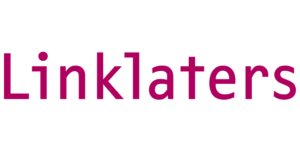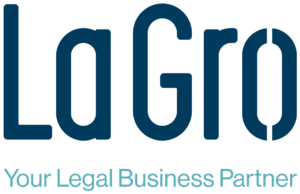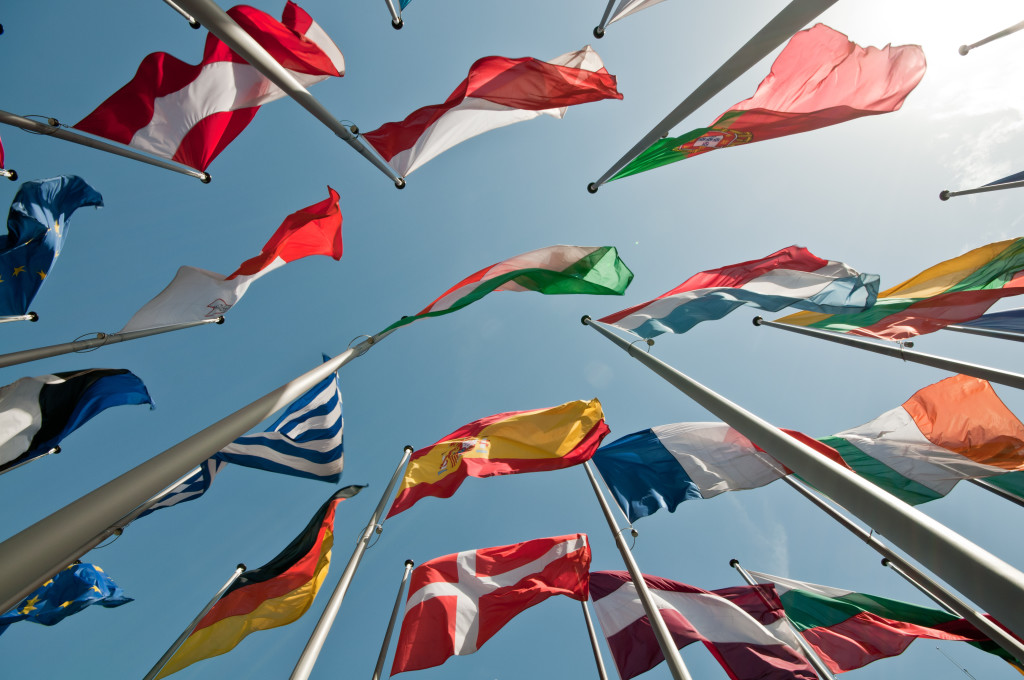Introduction
With Decision No. 18372 of 5 July 2024, the Italian Supreme Court upheld the Court of Appeal of Milan’s finding in Decision No. 1785 of 8 June 2021 that the Bolar exemption under Art. 68(1)(b) of the Italian Intellectual Property Code (“IPC”) did not apply to the case concerned, which involved Teva Pharmaceutical Industries Ltd. (“Teva”) and its Italian affiliate Sicor Società Italiana Corticosteroidi S.r.l. (“Sicor”).
Indeed, the Italian Supreme Court agreed with the appeal court’s reasoning that the Bolar exemption does not apply to mere manufacturers of active pharmaceutical ingredients (“APIs”), regardless of whether the purchasers of the APIs use them for the purposes covered by the exemption.
Consequently, the lower courts’ finding that Teva and Sicor were liable for patent infringement was upheld. Facts of the case and the first-instance and appeal decisions
A summary of the facts of the case and of the lower courts’ decisions can be found here.
The Italian Supreme Court’s decision
By upholding the appeal court’s decision, the Italian Supreme Court confirmed that:
– the Bolar exemption can apply to API manufacturers, as Art. 68(1)(b) IPC does not require generic manufacturers applying for marketing authorisation (“MA”) to directly manufacture APIs or directly perform testing activities; but
– API manufacturers – to fall within the scope of the Bolar exemption – must prove that:
(a) they acted on a specific request of a generic manufacturer, as the API manufacturers’ activity cannot comprise genuine marketing activity; and
(b) the Bolar purpose was clearly indicated during negotiations, and thus the generic manufacturer undertook a specific commitment (e.g., under a penalty clause) to ensure that it uses the APIs only for Bolar purposes.
The appeal court ascertained that the two conditions under (a) and (b) above were not met, finding that the manufacturing and offer of the APIs in question appeared unrelated to the purpose of obtaining an MA and that the API manufacturers’ activity must thus be
considered unlawful.
As the factual findings of Italian appeal courts cannot be challenged before the Italian Supreme Court, the latter upheld the appeal decision.
Furthermore, the Italian Supreme Court deemed a key part of Sicor and Teva’s defence irrelevant: namely, their argument that the the proposal for a directive to repeal Directive 2001/83/EC (on which the European Parliament adopted it position at first reading on 10 April 2024), aiming at broadening the scope of the Bolar exemption, proves that the Bolar exemption applies to “third party suppliers” (see Art. 85 of the proposal).
Indeed, the Italian Supreme Court observed that the proposal constitutes a “new rule, not yet approved and not applicable ratione temporis to the case” and – notably – added that, if it were approved, it would “confirm how the previous rules did not allow the extension of the Bolar clause without limits and conditions”.
In conclusion, the Italian Supreme Court expressed the following principle of law (our translation):
[T]he rationale of the ‘Bolar clause’ or ‘Bolar exemption’ – which allows tests to be conducted on a patent-protected drug for the purpose of obtaining a marketing authorisation which is intended to operate after the patent expires – is to facilitate the timely market entry of generic drugs and to avoid a de facto extension of the patent’s duration. This enables – by introducing limits on the patentee’s exclusive rights – generic manufacturers to begin the administrative and trial activities needed to obtain a marketing authorisation even while the patent remains in force. The Bolar exemption can also be considered applicable to the activity of third parties that produce active ingredients not for their own registration purposes but for the registration purposes of third-party generic manufacturers that are not equipped to manufacture the active ingredients directly but that intend to enter the market upon the patent’s expiry. However, in order to affirm that the Bolar purpose characterises the activity of the active ingredient manufacturer ab origine and ex ante, this broad interpretation of the Bolar exemption requires not only a prior request from the generic manufacturer but also an indication, during negotiations, of the registration purpose as a limitation of use, in the form of a commitment to use the active ingredients in accordance with Bolar purposes
[emphasis added].
Conclusion
The Italian Supreme Court’s decision follows the path traced out by the first-instance and appeal decisions: the fact that generic companies that lack their own API manufacturing resources may entrust API manufacturing to a third party – on condition that the manufacturing is related to an MA process – seems to strike a fair balance between the need for patent protection and an appropriate application of the Bolar exemption, ensuring equality in the generic drug market.
However, these decisions are only a temporary conclusion to the “Bolar exemption issue”. Indeed, as the Italian Supreme Court itself noted, it will be interesting to see what the future holds for the exemption now that we are moving towards approval of the proposal for a directive to repeal Directive 2001/83/EC – and towards a unitary patent system.
The first instance and Court of appeal decisions can be read here.
The decision of the Supreme Court (in Italian) can be read here.
The decision of the Supreme Court (in English) can be read here.















